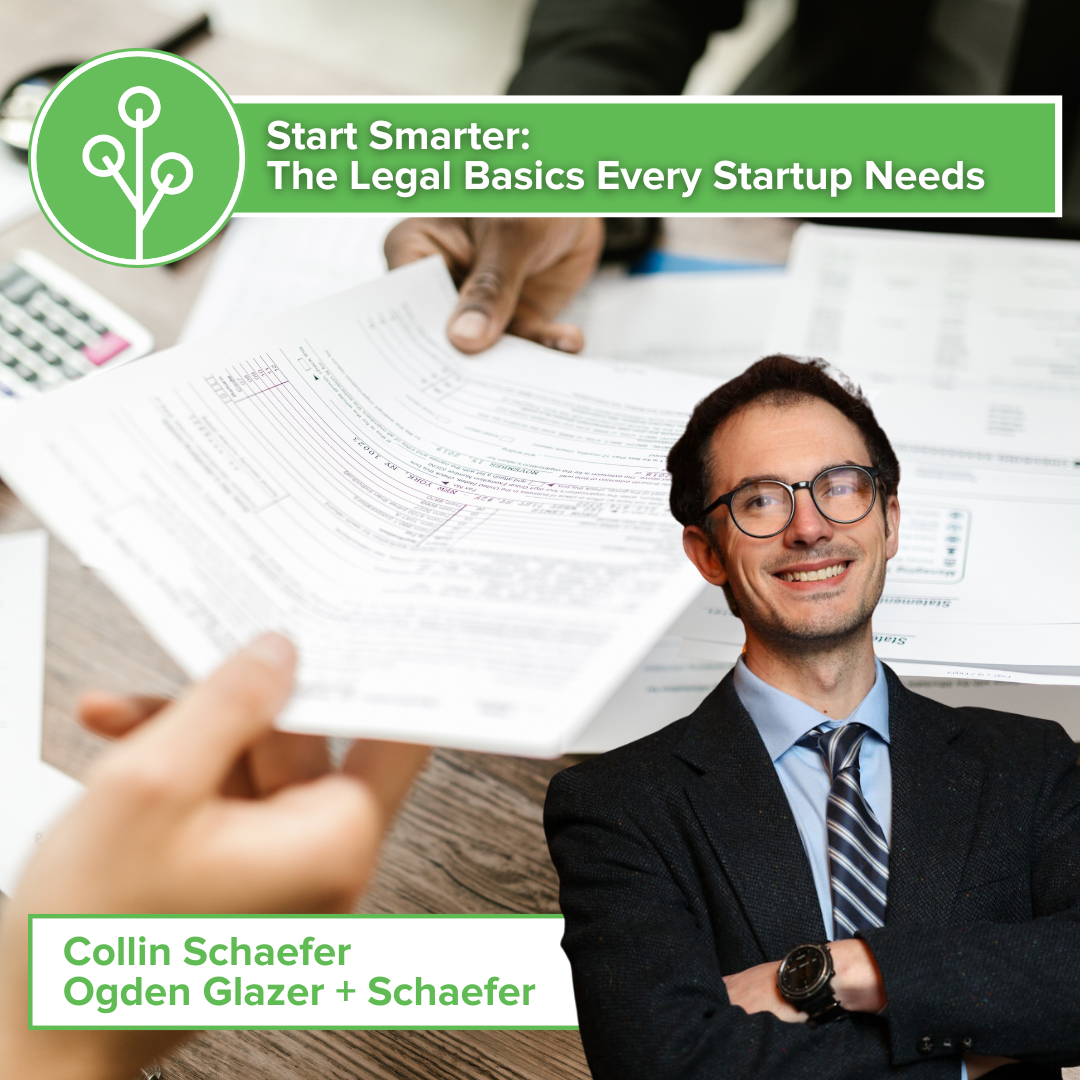Startups move quickly. Founders are focused on building, shipping, and staying alive. Legal work tends to come in later, often after something has already gone wrong. At that point, fixing the issue usually costs more than it would have to prevent it.
After years of working with startups, I have seen a handful of problems show up again and again. They are simple to avoid if you ask the right questions early. Here are the five conversations I wish more founders had sooner.
1. Splitting Equity: Please Think Before You Go 50/50
Two co-founders, one handshake, equal ownership. It feels fair when you start. Then one person slows down, steps away, or disagrees with the direction of the company. Now you are stuck. Founders need to talk early about roles, responsibilities, and what happens if someone leaves. A simple agreement with vesting can save both your company and your friendship.
2. Entity Type: Choose with the Future in Mind
Planning to raise money from investors? You probably need a C-Corp. Many founders start with an LLC and assume they will deal with it later. You can convert, but it adds complexity. Converting after a financing round or just before a sale is the wrong time. If raising money is even a remote possibility, plan for it now.
3. Friends and Family Rounds Are Still Securities Offerings
Just because you trust the people writing the checks does not mean the law looks the other way. If you raise money from anyone, including your uncle or college roommate, you are selling securities. That means you need to follow some rules, even at the early stage. You do not (often) need a 100-page private placement memo. You do need documentation that protects you and keeps future investors from walking away.
4. Make Sure the Company Owns Its IP
If your developer is a contractor and there is no written agreement, you may not own the code. The same goes for logos, brand assets, and anything else created by someone outside the company. Ownership does not automatically transfer just because you paid for the work. This comes up in due diligence all the time. Investors and buyers want to see a clean IP chain. You can get that in place now with a few short contracts.
5. Loose Terms with Customers and Partners Can Burn You Later
Early revenue is exciting. It is easy to say yes to deals without formal terms. But if you are not clear about pricing, deliverables, IP rights, or what happens if the deal ends early, you are inviting problems. You do not need a legal masterpiece. You do need clarity. A one-page agreement that covers the basics is much better than a vague email thread and a verbal agreement.
These are not hard problems to solve, they are just easy to ignore.
Thanks for reading.

